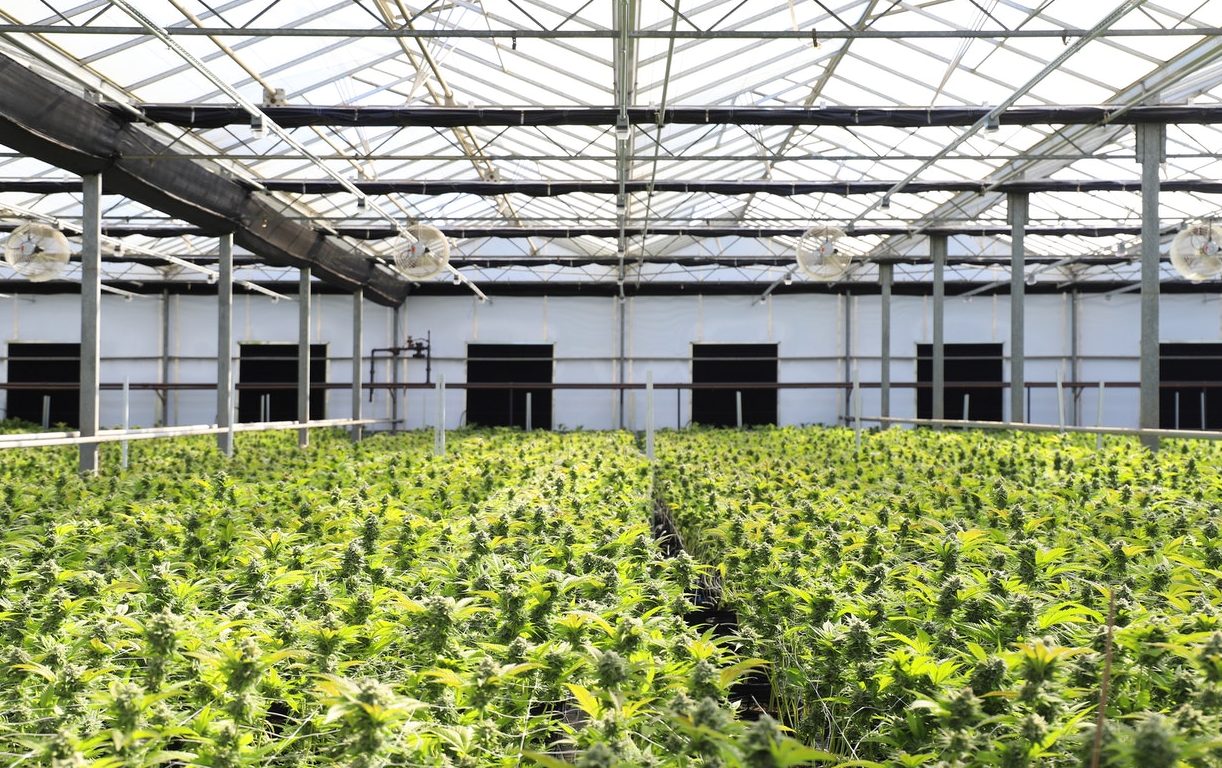WELLINGTON NORTH – The second of a four-stage study on how to regulate cannabis production and processing in the township is complete, with county and township staff putting forward six policy recommendations to council here.
In 2021, staff was directed to produce a study so the township could make educated decisions on how to handle future commercial cannabis production applications following federal legalization of the plant in 2018.
The first step, involving a review of policy, regulations, land use impacts and municipal best practices, was presented to council on April 11 in the form of a 44-page background report prepared by county development planning manager Curtis Marshall. The county has been enlisted as the township’s planner.
Presented to council during an evening meeting on June 27, a report from Marshall detailed recommended zoning and site plan control bylaw amendments to accommodate cannabis production and processing.
Through bylaws, the township would have oversight of facility layout and design, and where production or processing facilities would be located.
Getting regulations and standards on the books, applying specifically to cannabis production and processing, would give the township control by requiring applicants to go through a site plan approval and agreement process.
It would also require a zoning bylaw amendment application, allowing council to review and permit each new cannabis use on a case-by-case basis, and for public input.
Planning staff recommend indoor production occur within agricultural and industrial areas, outdoor production to be in agricultural areas, and processing to be confined to agricultural and industrial areas – all subject to area compatibility and provincial planning policies.
When it comes to hemp, defined under the federal Cannabis Act as having an extremely low concentration of THC, staff are recommending it be regulated the same as any other form of cannabis given the similarity in how plants are grown and the odour produced.
One of the chief concerns surrounding cannabis production is odour, but staff have recommended against a specific odour control bylaw, or a business licensing system.
Marshall explained odour control bylaws are a new thing and it’s yet unknown how they will stand up to ongoing appeals and challenges taking place in other municipalities.
“Logistically, they’re a lot of work to implement with monitoring and equipment and that sort of thing,” he added.
Instead, the recommendation is to snuff out odour up-front, before it becomes a problem.
Odour can be addressed by council requiring an odour study during the site plan application process, and requiring odour mitigation or management systems through a site plan agreement.
Council endorsed the recommendations and county and township staff will work together to draft regulatory bylaws for consideration by the public and council.
A public meeting, where proposed regulations will be presented, has yet to be scheduled and will provide an opportunity for resident and agency feedback.
The next two stages of the ongoing study include the public meeting, and a final report with staff recommendations for council’s consideration.



